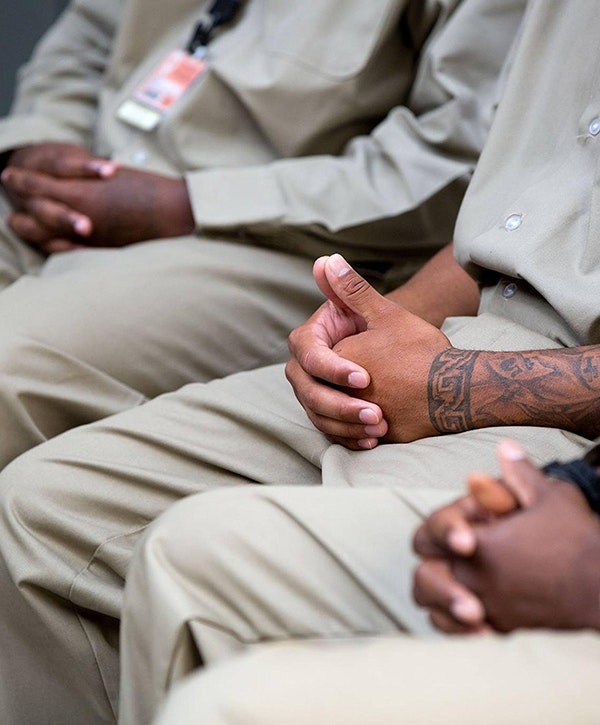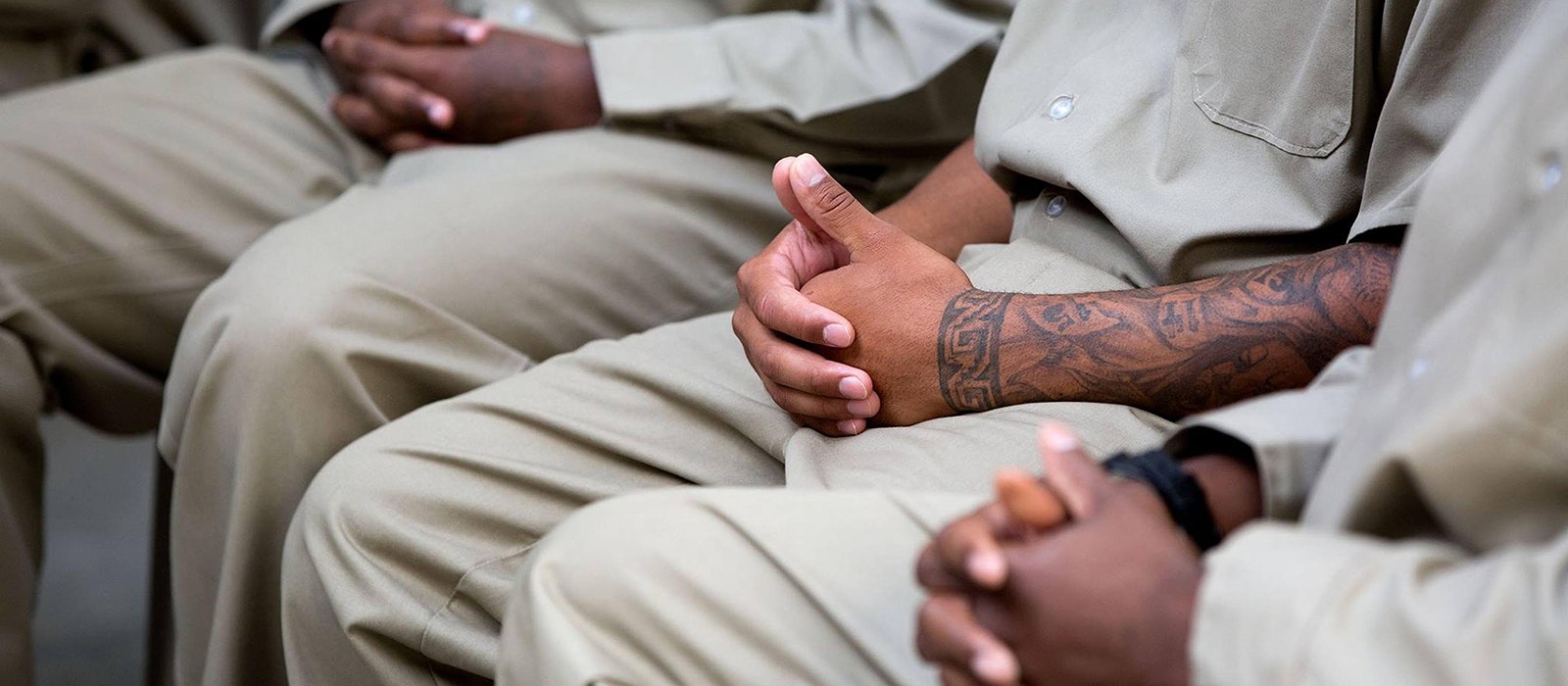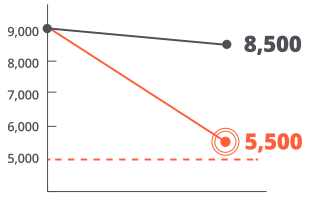Of the 9,000 people in jail in New York City on a given day, over 75 percent are there because they cannot afford bail.
In New York, bail can be set on any criminal case, even minor charges. If a person can afford bail, they are released pending trial. If they cannot, they stay in jail. Making freedom dependent on the size of a person’s wallet is deeply unfair.




